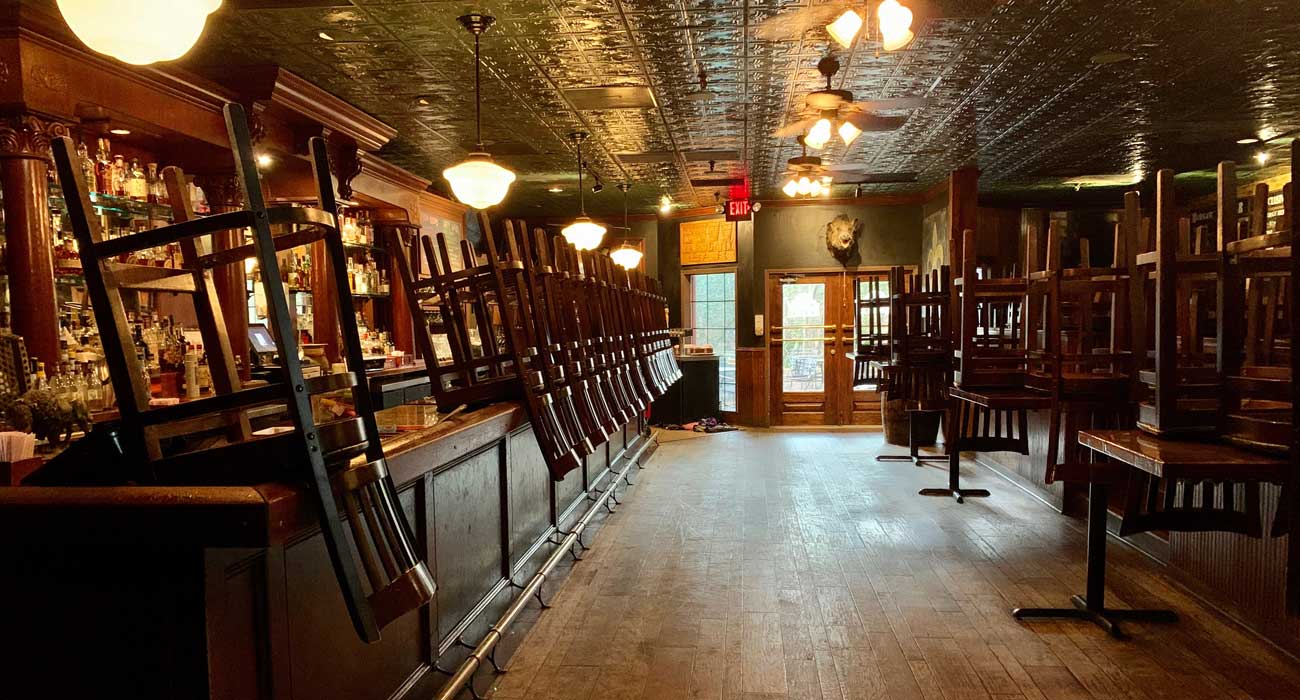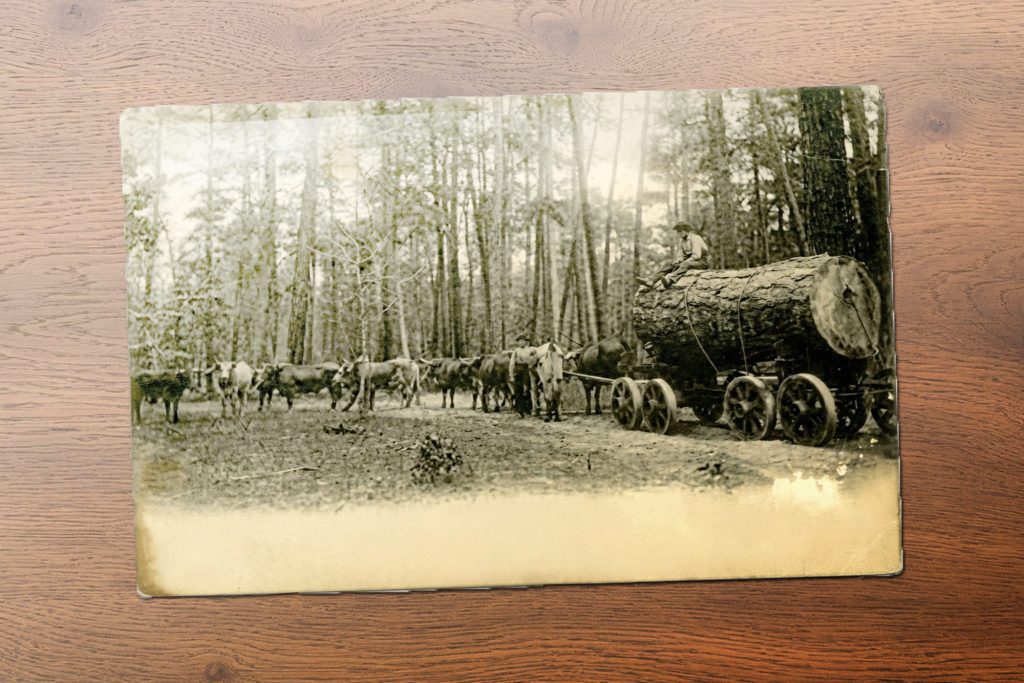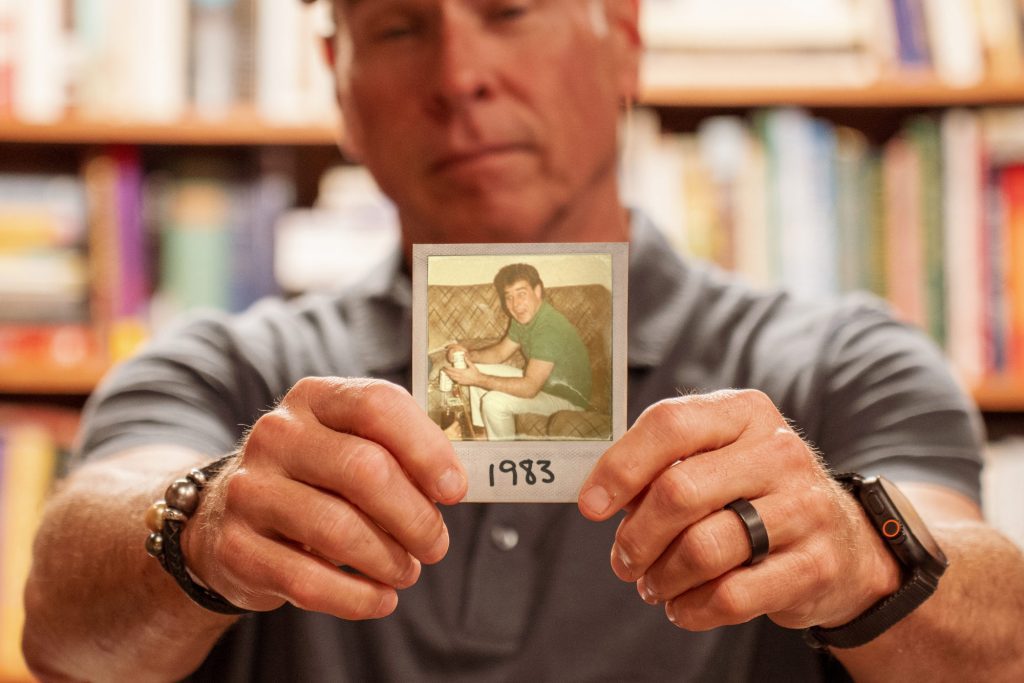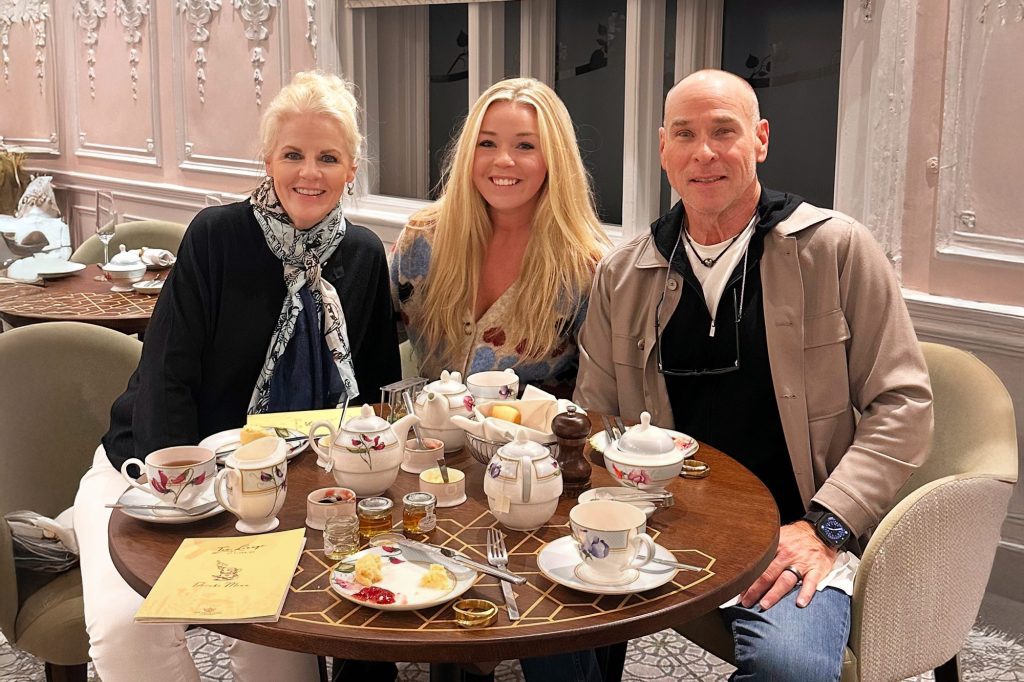In the 20-plus years I have written this weekly column I have covered all manner of topics. In the early days many of the subjects and themes were awkward and silly as it took a few years to find my voice. I write a lot about food and the food business and try my best to steer clear of writing about my restaurants, preferring instead to turn people on to other restaurants I have discovered.
In 2011, after spending six months with my wife and two kids traversing Europe, travel became a larger component in my writing. And certainly, over the past two decades I have written often about parenthood and raising children. Though in all of those years, I have never— even once— written anything political. In the 1,000-plus columns and over 1,100,000 words I’ve written, your columnist has never once jumped into the political fray and I have sometimes gone to great pains not to do so.
It’s not because I don’t love politics, I do. I am a political junkie and love following the pure political process, outside of everyday government and lawmaking. It’s just that one doesn’t come to a food-humor-travel column to gather opinions on the state of the ever-contentious political landscape. I am also a firm believer that no one’s political values have ever been changed by a non-editorial newspaper column, social media post, or Hollywood celebrity endorsement. To our core, we believe what we believe. I would imagine small segments of the population have dogmatic epiphanies and jump sides on occasion, but even if I were a political columnist, that wouldn’t be my goal.
The two decades of no-politics-on-these-pages is about to be flushed down the toilet, and I am going to shatter my solemn vow never to go political. So, if you’re looking for my grandmother’s chicken casserole recipe, an inside behind-the-scenes look into the restaurant business, or dispatches from Italy (where I am actually supposed to be this entire month), you might want to stop here, and wait for next week’s column about grilling.
Here we go.
Over the past six decades Mississippi has been blessed with stout, heavy-duty leadership in Washington D.C. To have been the poorest state for most of that time, we have elected United States Senators who rose to extremely powerful positions in our country and were able to do some amazingly beneficial things— not only for our nation, but— for Mississippi.
Senator James. O. Eastland was the epitome of a power player during his 53-year run in the Senate. Eastland spent over two decades as the chairman of the powerful Senate Judiciary Committee, and for a period, was President Pro Tempore of the Senate.
Senator John C. Stennis spent over half of a century in the U.S. Senate. He served as the first chairman of the Senate Ethics Committee, and also served as chairman of the Senate Armed Services Committee and, like Eastland, as President Pro Tempore of the Senate.
Senator Trent Lott served as Senate Majority Leader and Minority Leader, as well as Majority Whip and Minority Whip. My friend, the late great Thad Cochran, a true statesman, and as fine an individual as anyone would ever meet, held the purse strings as Chairman of the Appropriations Committee and served as Chairman of the Agriculture Committee.
Those have all been powerful men in our nation. And I won’t get into policy minutia or where each stood on what issue during any particular moment in our history. Eastland and Stennis, were certainly on the wrong side of the civil rights fight early on, but that’s not what this column is about. Not today. Today we will focus on the unprecedented global pandemic that has radically changed our lives and our nation’s economy in a matter of weeks.
It is my opinion that, of all of our powerful Mississippi senators over the past 70 years, none have affected the financial future and stability of— not only Mississippi, but— the nation as much as Senator Roger Wicker in his position as the current Chairman of the Commerce Committee.
It’s my belief that the past few weeks have given us some of the most monumental challenges this nation has ever faced in our past 240-plus years, and certainly in the top five. We might even see a glimmer of light shining through the dark clouds ahead, and there’s a possibility that we could be headed to the downhill side of this pandemic. We can only pray that is the case. But without the steady and measured leadership of Senator Wicker, small businesses across this country would have shuttered their doors for good. Small, independent restaurants would have been wiped out. Some statistics show that more than 40% would have never returned.
There were four men who crafted the bill that saved hundreds of thousands of small businesses in this country— Senator Mitch McConnell (Majority Leader), Senator Marco Rubio (Chair, Small Business and Entrepreneurship), Senator Richard Shelby (Chair, Senate Appropriations), and the senior senator form Mississippi, Roger Wicker in his position as the chair of the Commerce Committee
As an active member of the newly formed Independent Restaurant Coalition, I have been in constant contact with Senator Wicker and his office, trying to make sure that restaurants— arguably the hardest hit industry during this crisis— are not forgotten and are given the opportunity to reopen with some semblance of normalcy. To a person, Wicker’s staff has gone way above and beyond the call to be accommodating, helpful, and proactive to a point that it made me break my 20-year ban on writing about politics. Even in the middle of the fray, when things looked at their worst, the stock market was crashing, and the death-rate rising, Senator Wicker called my cell and texted often.
Wicker’s staff has been on top of the situation like no other I have witnessed, and his staff has held a master class in constituency follow-through during this entire ordeal. The CARES Act, the largest bill in our nation’s history, threw a lifeline to small businesses that had been shuttered all over the nation. It even gave aid to many businesses that are still thriving through this pandemic.
Yet we have only reached second base for the restaurant industry. There are more than 15 million people who work in the restaurant industry. If you count the ancillary support businesses (farmers, fishermen, food suppliers) you can add another 10 million to that total. We are the second largest employer in the entire country. Second only to the federal government, and account for 4% of this nation’s GDP.
Though small, locally owned and operated independent restaurants account for the majority of the industry. There are over 500,000 independent restaurants in this country, and places like your hometown café (not corporate chains) employ over 11 million people. Yet within a matter of three weeks, almost every independent restaurant was forced to close. We did it gladly, out of a patriotic duty to our country and with a strong desire to ensure the health of the American public.
But independent restaurants operate under a unique business model that is tight on cash and short on profit. A few weeks with no revenue will forever shutter most independents. The CARES Act stopped the bleeding. What congress does next in addressing the precarious comeback of independent restaurants will determine if they exist in the future or are gone for good. I am ever hopeful.
Independent restaurants are the lifeblood of our communities. They are where we gather and share a meal. We are the entry-level industry. When people climb out of government dependence many get their start in restaurants. Independent restaurants breed small business owners. Steve Andrews started working with me as a prep cook in 1987. His wife Stacey started as a hostess. They married and worked their way into management in our company. Since 2011 they have been my partners and now own one-third of our Italian restaurant, Tabella. That’s what independent restaurants deliver— the American dream.
As my one-and-only political column comes to a close, I would, once again, like to thank Senator Roger Wicker and his amazing staff for all of the hard work they have put in to save independent restaurants and other small businesses in this country. We still have a very long way to go, and there is still much more work to be done— in Washington D.C. and at home— but when it comes to leadership and vision, we are most definitely in good hands. That I know for sure.
Onward.



